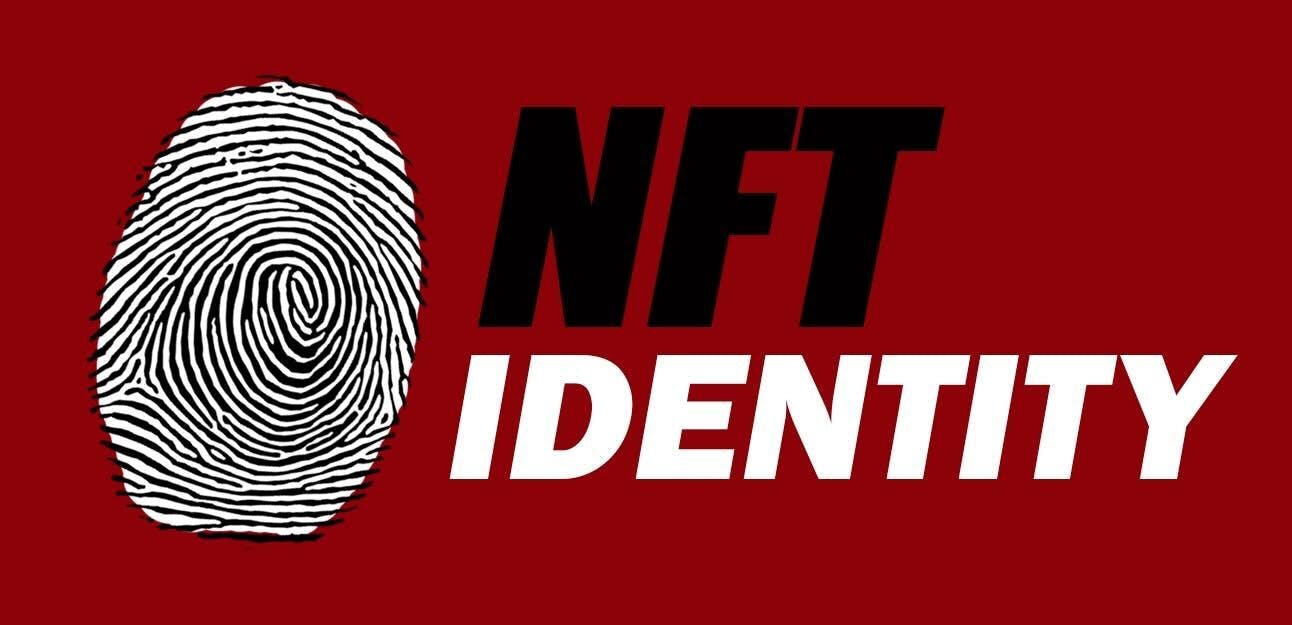Doxxing Can Help NFT Founders Build Trust and Boost Hold Duration

Pick any NFT collection, even some of the top ones, and you’ll see that the holding period for these don’t often cross a month. That’s in spite of the fact that the creators of these collections and the holders often say that there is tremendous value in banking on these for the long term.
Our theory as to why many NFTs aren’t more successful is primarily two-fold. First, there is a lack of meaningful marketing strategies deployed over the long term, with no effective engagement following the public sale.
Second, and which is the subject of this post, is the fact that the founders of NFT projects are pseudonymous. This creates a gap in the relationship between the founder and the public, which by nature leads to a limitation in the interest of an NFT collection - because it limits the organic interactivity that can spring from that relationship.
In a Trustless System, Trust Matters
For all its talk of trulessness, trust matters in the crypto market. Market enthusiasts still want to know the assets that they are spending their money on are built by a reliable and trustworthy team. Several rug pulls and abandoned projects have taught them that.
Since the NFT market popped last year, this general distrust in pseudonymous and anonymous founders has grown substantially. Numerous cases of rug pulls have burnt people’s hands and now trust is doled out more judiciously.
A case in point is the Azuki NFT collection, whose founder Zagabond has had charges of rug pulls levied against him for many of his past projects. In a blog post, He termed the Tendies, CryptoZunks, and CryptoPhunks as failed projects, but many in the community saw otherwise and the trust tanked.
He promised to improve his communication with the community, and that serves to highlight the original point: better communication is important for the relationship, and better communication can only happen if the founder has a verifiable identity. It lends credence to a project and holds those at the top accountable.
Identities Bring a Sense of Connection

You might argue that founders may want to keep their real identities hidden, and even point to successful NFT projects with pseudonymous founders. But with this market growing, there is a need for a certain standard of trust. Of course this is completely optional, but NFT founders who choose to be doxxed will see far more success than their undoxxed counterparts, all other things being equal.
Yuga Labs CEO Nicole Muniz is a good example of someone who is leveraging her position and identity to connect to holders. She fosters interaction and provides updates that hold her accountable, and she goes the extra length with a presence at in-person events, interviews and keynotes speeches. There’s a face behind all the hype, and that solidifies a relationship and builds trust.
NFTs are not bitcoin, if that’s the argument you’re seeking to pose. Bitcoin is a special case, and one could argue that if the identity was never hidden, the asset would have never taken off.
Identification Creates Accountability, Trust and a Flagbearer
Accountability and trust are the biggest objective benefits to being a doxxed founder. But perhaps the most striking benefit is the fact that a founder with an identity can be used to encourage a kinship among community members, through shared values for example.
While accountability and trust have been the impetus for the new trend of self-doxxing, some particularly savvy founders are self-doxxing to establish that special connection with the community. There exist NFT projects whose founders have done this knowing that it can lead to better engagement. In return, the level of communion grows, and members add to the discussion and organic expansion of the community.
NFTs are Here to Stay, But Need to Evolve
There is an element of mystique and aura in pseudonymity. It can make a new NFT collection exciting - or at least, it used to. Now, with the market growing wiser, people want verifiable identities for safety of their time and money.
NFTs are returning to the root ideals that first nourished it - a sense of community. Shrewd NFT founders know that the time of hidden identities is passing, and the public wants to see if your real identity aligns with the NFTs’ vision. This shouldn’t be seen as a hurdle, but rather as an opportunity to better build trust and engagement with the masses.


